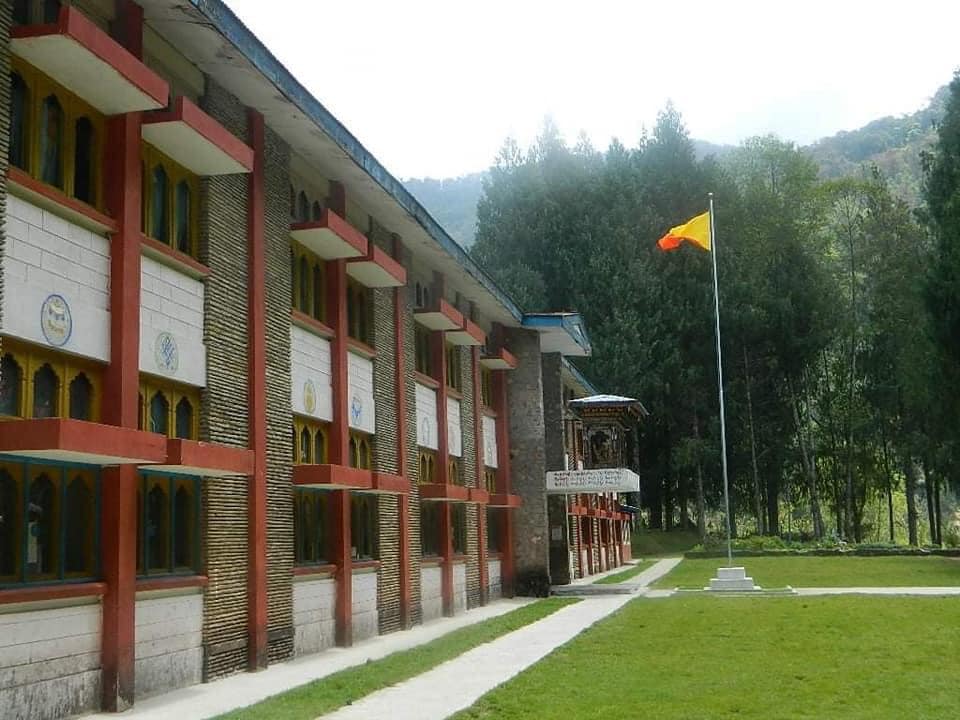The gross revenue earned for the financial year 2016-17 is Nu 30.87bn, according to the annual national revenue report for the Fiscal Year (FY) 2016-17.
During FY 2015-16, the gross revenue was Nu 28.54bn.
The report states that for FY 2016-17, the net revenue collected is Nu 29.71bn, recording a growth of 6%. As a percentage of Gross Domestic Product (GDP), the total revenue accounts for 18.7% and the tax revenue accounts for 13.6%.
Tax revenue comprises 73% of the total net revenue while 27% comes from non-tax revenue.
The growth was mainly attributed to corporate income tax (CIT) worth Nu 0.71bn, sales tax worth Nu 0.223bn, excise duty refund from Government of India worth Nu 1.09bn and royalties from various sources worth Nu 0.363bn.
Under CIT, companies like Bhutan Telecom Limited and Army Welfare Project Limited (AWPL) performed well. Launch of 4G data packages, and increase in E-Load service and lease line subscribers propped Bhutan Telecom’s CIT increase by 53.2%. Meanwhile, completion of AWPL’s tax assessment and increase in sales turnover resulted in significant increase in its CIT.
Sales tax from sale of beer and hotels and restaurants contributed to the growth in sales tax revenue. Increase in royalties came from tourism and mines and minerals.
Refund increased by 129.6% from the previous year mainly on account of personal income tax, health contribution and customs duty refund. The estimated revenue for the FY 2017-18 is Nu 34.7bn projecting a growth of 16.8% compared to the previous year.
Director of Department of Revenue and Customs Yonten Namgyel said the domestic revenue fully covers the recurrent expenditure and about 21.6% of the government’s total capital expenditure.
However, he said the revenue is mainly driven by the hydropower sector and delays in commissioning of the projects can hugely impact the domestic revenue and negatively affect macroeconomic prospects in the medium term.
The Director also said that during the FY, in an effort to diversify the economy and to promote private sector development, fiscal stimulus package was introduced. It is anticipated that the incentives would promote productive investment, generate employment and underpin long-term economic growth.
Dechen Dolkar from Thimphu














